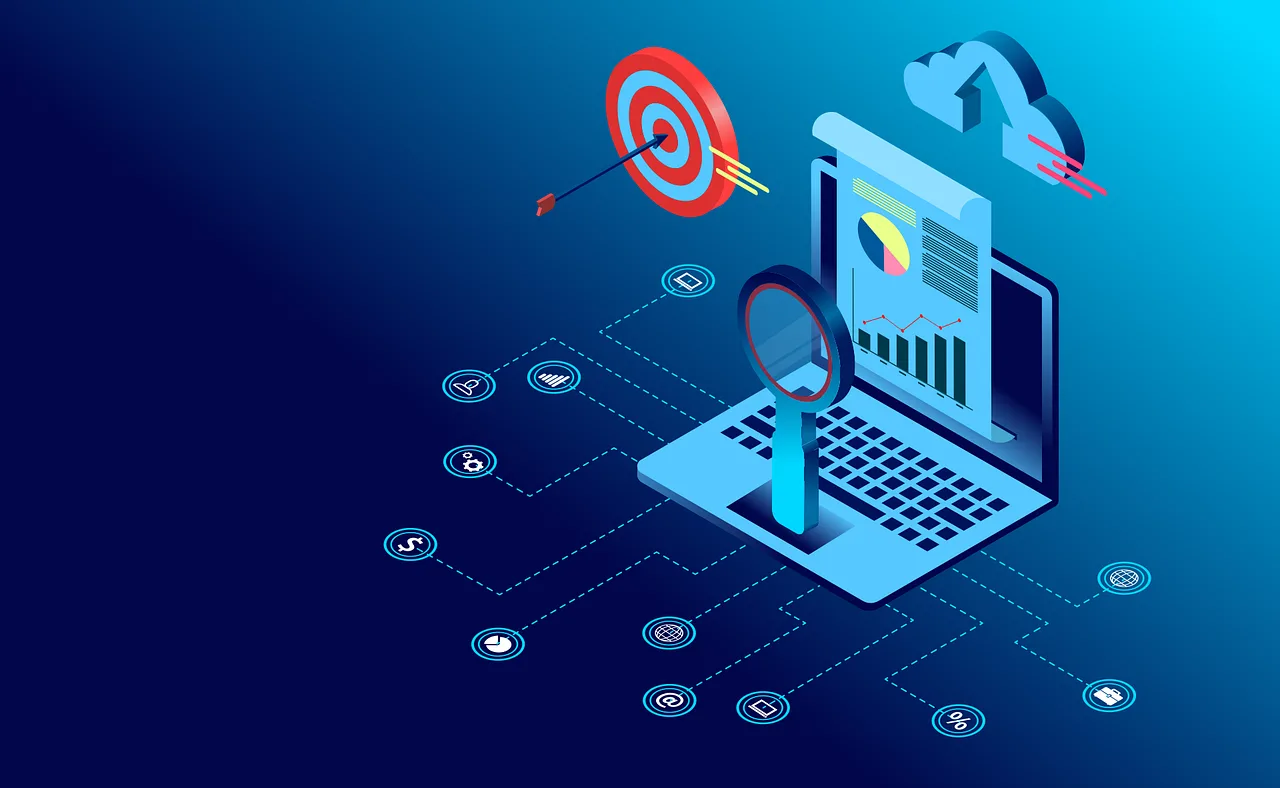The EU Parliament, Council negotiators and lawmakers have agreed new rules under the Digital Markets Act (DMA) that will limit the market power of the big technology companies and open up the market for competitors.
What Is The Digital Markets Act?
The Digital Markets Act (DMA) from the European Commission has been designed to ensure a higher degree of competition within the European Digital Markets, by preventing large companies from abusing their market power and by allowing fresh players to enter the market. The idea is to create more of a level playing field for businesses which the EC believes could help to foster innovation, growth, and competitiveness.
Applies To Gatekeepers
The DMA will apply to “gatekeeper” businesses, and the EC has another initiative called the Digital Services Act (DSA) which will be used help protect the rights of users of digital services.
Who / What Are The “Gatekeepers”?
The “gatekeepers” that the DMA rules will apply to are the companies providing “core platform services” who are “most prone to unfair business practices.” Gatekeepers, such as social networks or search engines, are “digital platforms with a systemic role in the internal market that function as bottlenecks between businesses and consumers for important digital services.” These companies are defined by the EU as having a market capitalisation of at least 75 billion euro or an annual turnover of 7.5 billion, and providing certain services such as browsers, messengers, or social media, which have at least 45 million monthly end users in the EU, and 10,000 annual business users. Gatekeepers could also be described as having a strong economic position and significant impact on the internal market, being active in multiple EU countries, and having a strong intermediation position, i.e. they link a large user base to many businesses. Also, gatekeepers are those big tech companies with an entrenched, durable market.
The New Rules
The new DMA rules will mean that:
– The largest messaging services – WhatsApp, Facebook Messenger or iMessage- will have to open up and interoperate with smaller messaging platforms, if they so request. This should mean that users of small or big platforms could exchange messages, send files, or make video calls across messaging apps, thus giving them more choice.
– The interoperability obligation for social networks / interoperability provisions will be assessed at a later date.
– Combining personal data for targeted advertising will only be allowed with explicit consent to the gatekeeper.
– Users must be allowed to freely choose their browser, virtual assistants, or search engines.
– Companies won’t be allowed to rank their own products or services higher than those of others in online search results or reuse data collected from different services.
Punishment For Non-Compliance
The European Parliament says that if a gatekeeper does not comply with the rules, the Commission can impose fines of up to 10 per cent of its total worldwide turnover in the preceding financial year, and 20 per cent in case of repeated infringements. For systematic infringements, the Commission has threatened to ban gatekeepers from acquiring other companies for a certain period of time.
A New Era of Tech Regulation
Rapporteur from the EU Parliament’s Internal Market and Consumer Protection Committee, Andreas Schwab (EPP, DE), said of the new rules, “The agreement ushers in a new era of tech regulation worldwide. The Digital Markets Act puts an end to the ever-increasing dominance of Big Tech companies. From now on, they must show that they also allow for fair competition on the internet. The new rules will help enforce that basic principle. Europe is thus ensuring more competition, more innovation, and more choice for users.”
The Tech Companies Say…
Apple has been reported as saying that parts of the DMA “will create unnecessary privacy and security vulnerabilities for our users while others will prohibit us from charging for intellectual property in which we invest a great deal.”
Google has been reported as saying that, while it supports many of the DMA’s ambitions, it is “concerned that some of the rules could reduce innovation and the choice available to Europeans.”
What Does This Mean For Your Business?
The EU has launched a lot of antitrust investigations and introduced many new rules in recent years designed to stop the big tech companies being too powerful and to stop the use of some technologies (AI) surging ahead of regulation. The behaviour of the big tech companies has led many to call for tougher regulations and the formalised new rules of the DMA have been agreed upon quite quickly (less than 18 months), emphasising the EU’s determination to act. Clearly, it’s likely to be unwelcome news for the big tech “gatekeepers” who have been enjoying huge market dominance and profits. For smaller digital companies operating in the EU area, the DMA is likely to be a welcome step, allowing them more of a chance to compete and gain more share in a market dominated by giants for so long. For users, it could provide greater choice, and greater convenience, e.g. with the interoperability of messaging platforms. It is only likely to really work, however, if the penalties are severe enough and if action is taken quickly to send the message that the EU is really serious about the matter.
Recent Blogs
Related posts
Think You’re Too Small to Be a Target? Cybercriminals Disagree
It’s natural that small businesses would assume cybercriminals have bigger fish to fry. After all, why would hackers bother with a company of your size [...]
How much should your IT budget be?
If you're running a business with around 20 staff and a turnover close to £1 million, you're probably asking yourself how much to put [...]
How Do Websites Use My Data? (Best Practices for Data Sharing)
Websites store and use user data in many ways, usually to personalize content, show ads, and make the user experience better. This can include everything [...]








